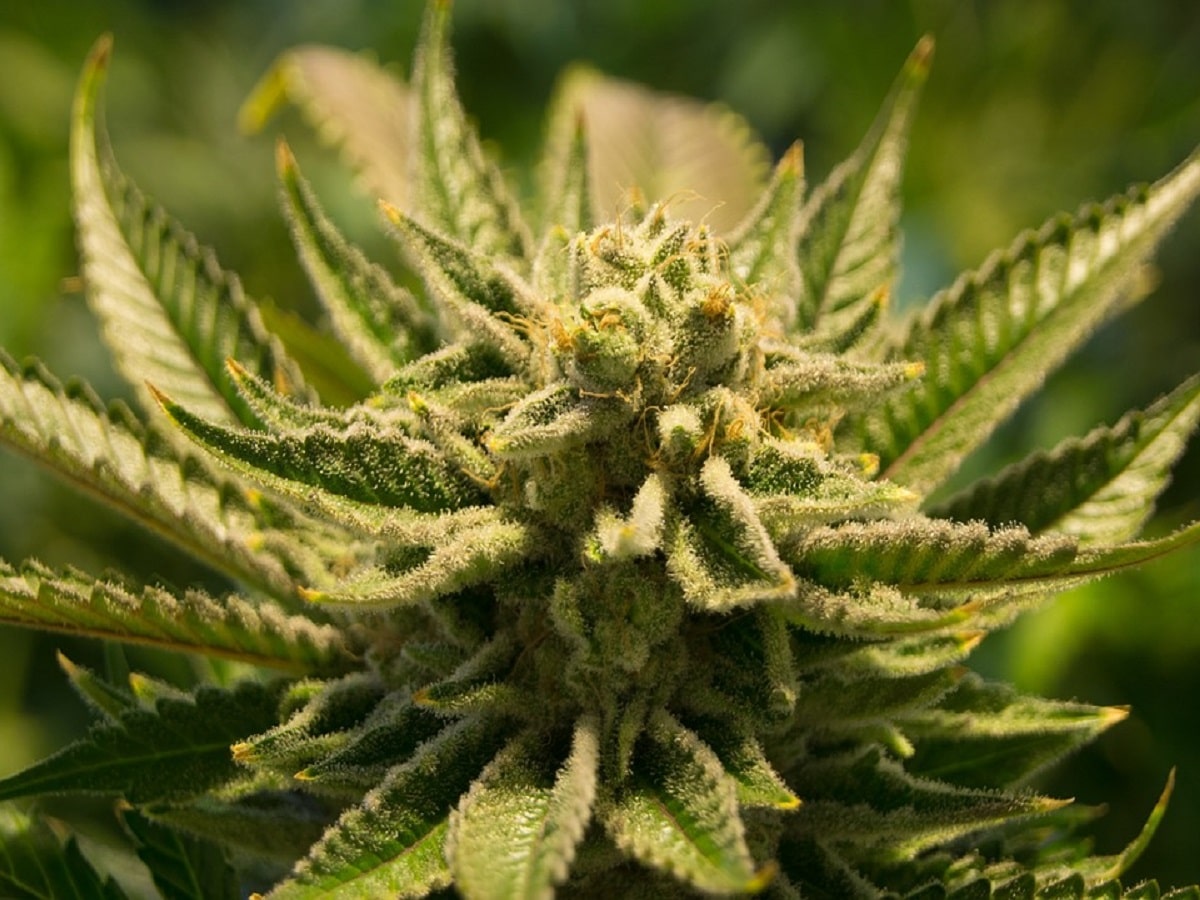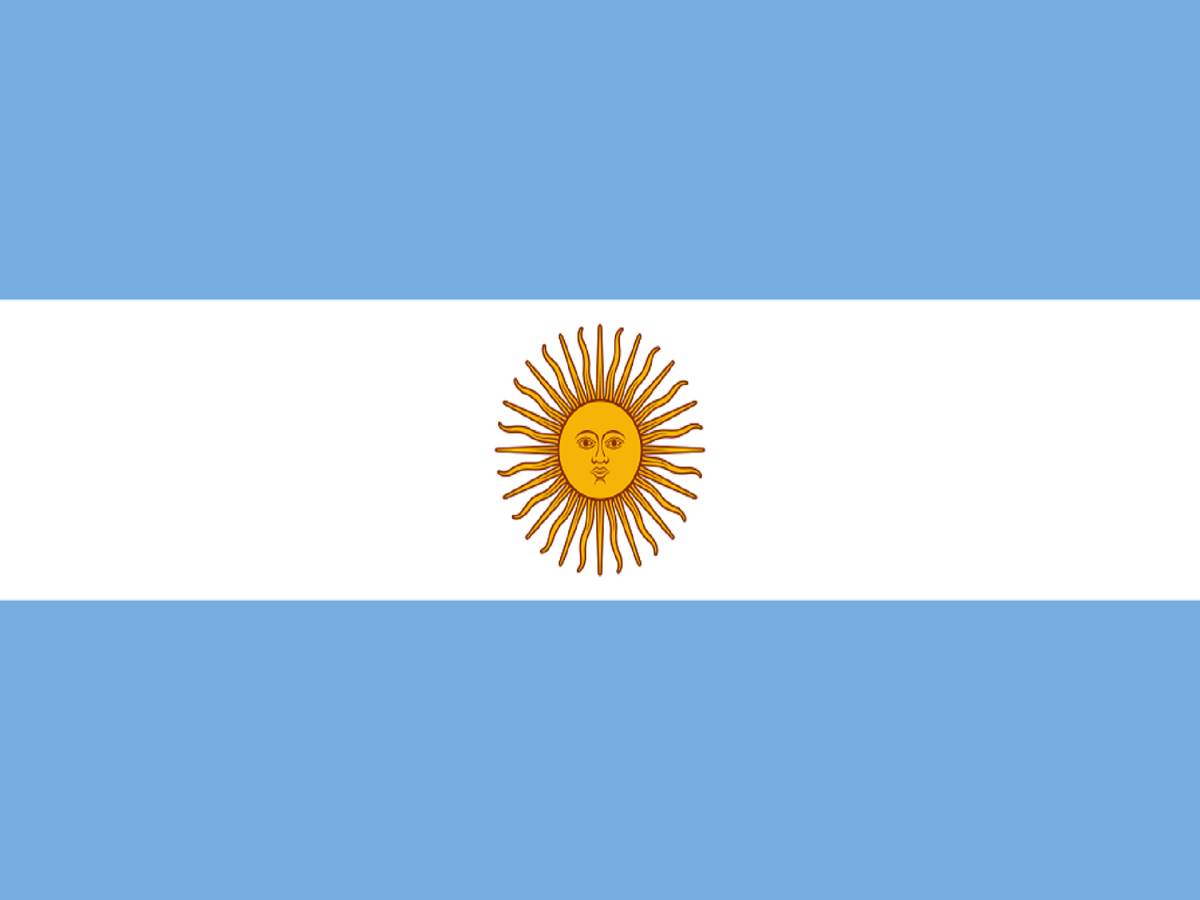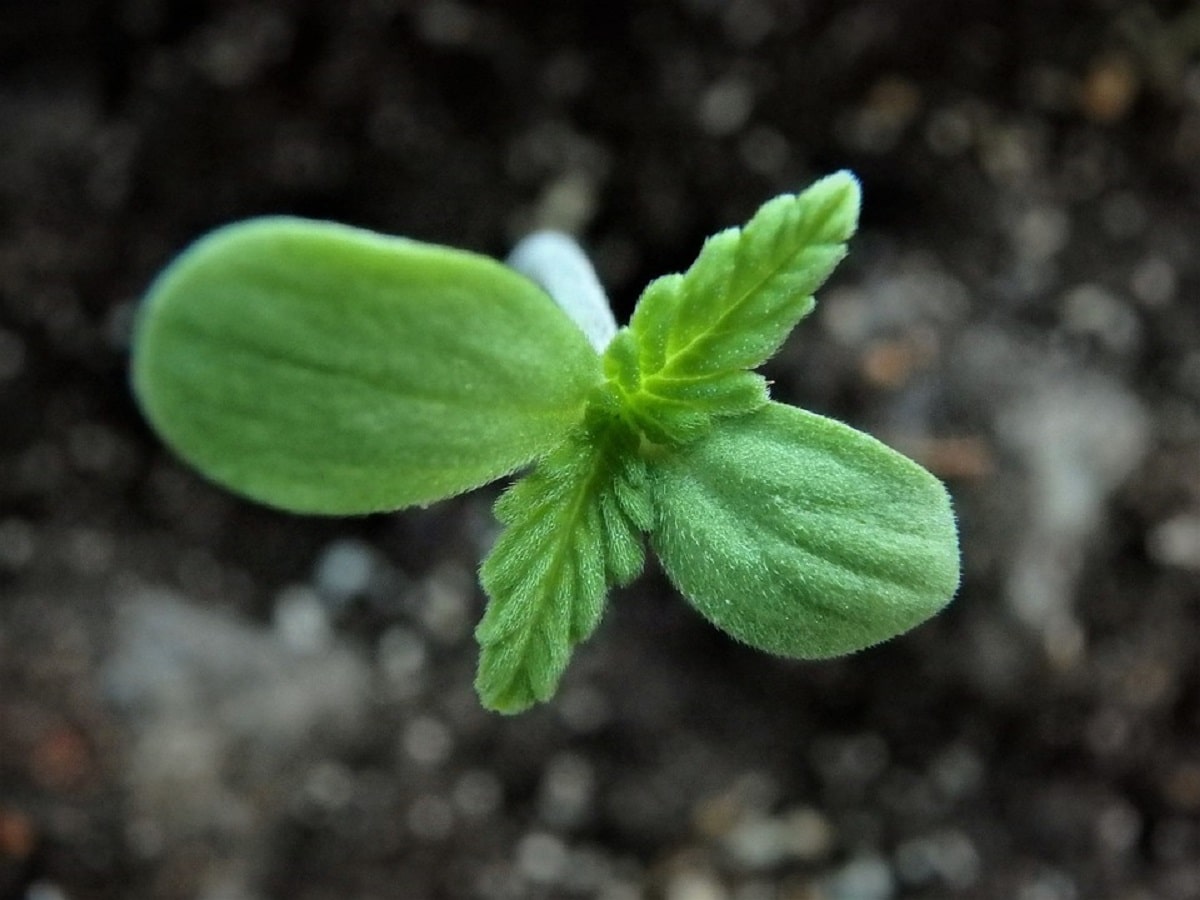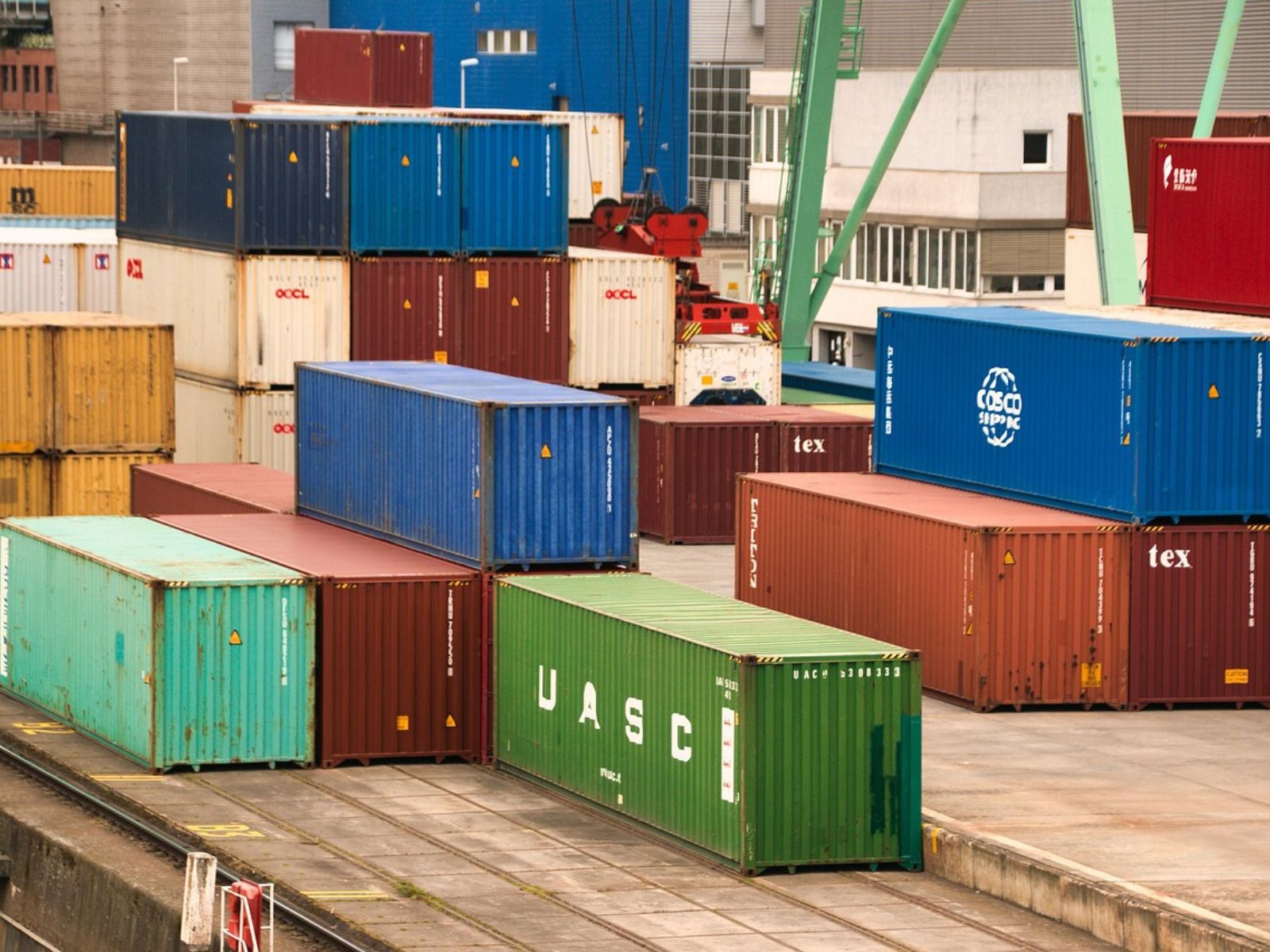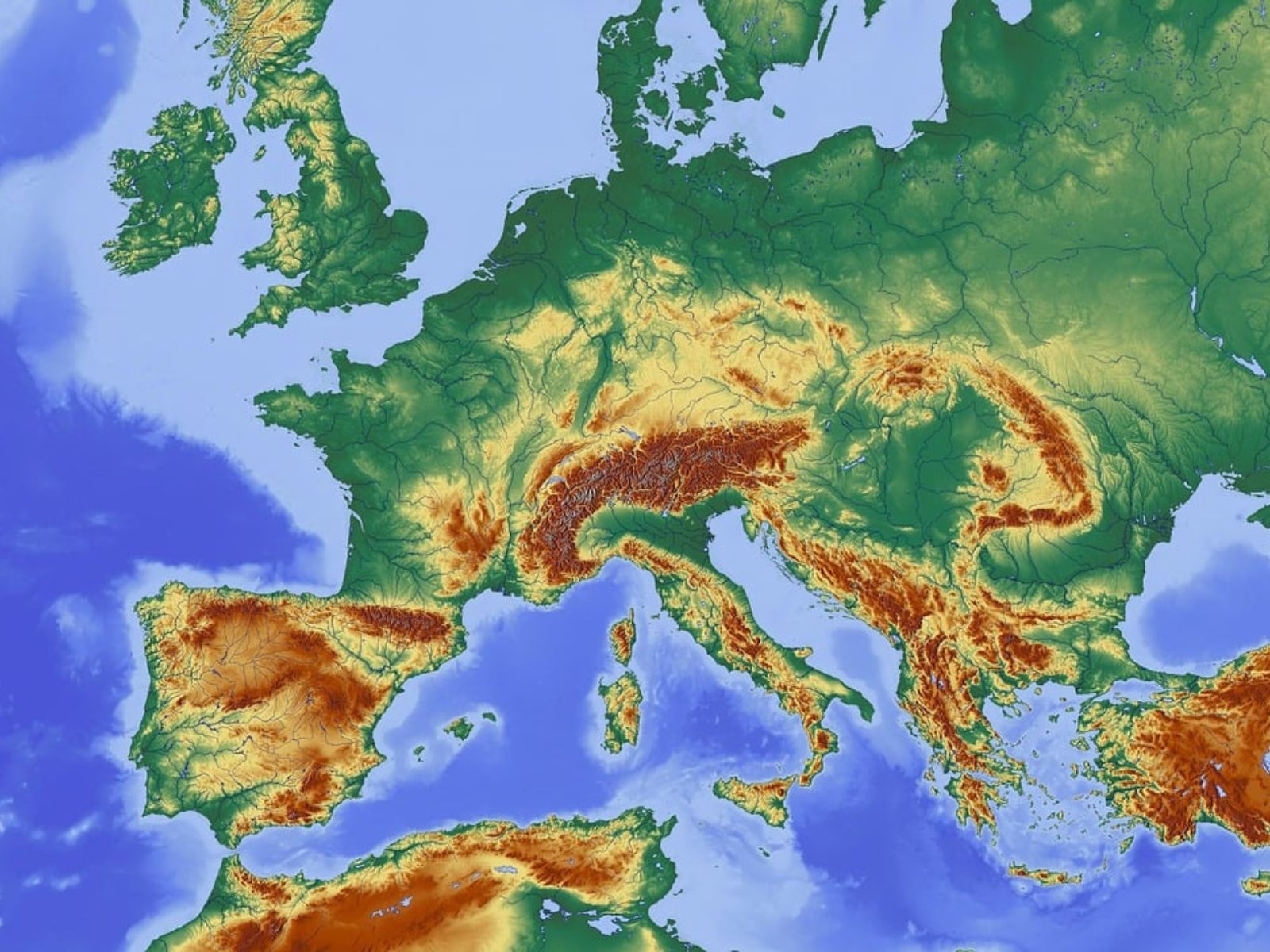
Argentinian Police Make Formal Distinction Between Medical And Recreational Cannabis

Argentinian Police Make Formal Distinction Between Medical And Recreational Cannabis
The chief of police in the province of Corrientes has signed orders that direct local police to avoid investigations of legitimate medical cannabis crops.
As of the last week in October, Commissioner General Félix Barboza, the chief of police in Corrientes, has signed an order officially limiting police in initiating follow-ups and investigations of legitimate medical cannabis cultivations.
Per internal agenda No. 6636, and dated October 27, the resolution is to “avoid the initiation of sterile criminal cases and the ineffective expense of processing a process.”
This does not mean that those growing crops for recreational purposes are off the hook. They will be prosecuted according to existing law. The current regulations for citizens with a special registration with REPROCANN (the registry of the domestic cannabis program), allow the cultivation of up to 9 flowering plants, 30ml of cannabis oil, and up to 40 grams of dried flowers.
A Necessary Step
The police are on the hook just about everywhere right now to distinguish between different kinds of use – and most of them know, at least on a small scale, that this is wasted effort. In Argentina, cannabis is decriminalized for personal use in small amounts and has been since 2009. Medical cannabis has been legal since September 2016. Almost exactly at the same time that the German government voted unanimously to mandate cannabis be covered under public health insurance, Argentina’s Senate approved the medical use of CBD cannabis oil. Since November last year, self-cultivation has been legal as have regulated medical sales.
This recent police initiative, in other words, is an attempt to create state-wide definitions of what the limits for personal use and possession are.
It is exactly this kind of definition that advocates in Germany (for example) are trying to put in front of the new coalition to enact some kind of cannabis reform. So far, aus Deutschland, this kind of statement has not occurred. Indeed, patients continue to get arrested, both for possession and for growing their own.
Towards A Global Tolerance of Home Grow?
The issue of home grow is a sticky one just about everywhere. In Canada, the government has considered limiting the right of patients to grow their own, although such efforts have repeatedly failed. Canadians, just like Argentinians, must register to grow such crops, but the right is constitutionally guaranteed. Other countries and regions (including in Europe) are now wrestling with precisely the same kinds of issues. And this kind of debate will not be over soon.
In the meantime, state and regional if not national police are left to interpret the law – and patients if not recreational consumers continue to pay the price.
For the latest news, trends and analysis about the global cannabis industry, stay tuned to the International Cannabis Business Conference blog!
Share article


Share article
Join Our Awesome Community
Join Our Awesome Community
Join Our Awesome
Community
Get all the latest industry news
delivered to your inbox


